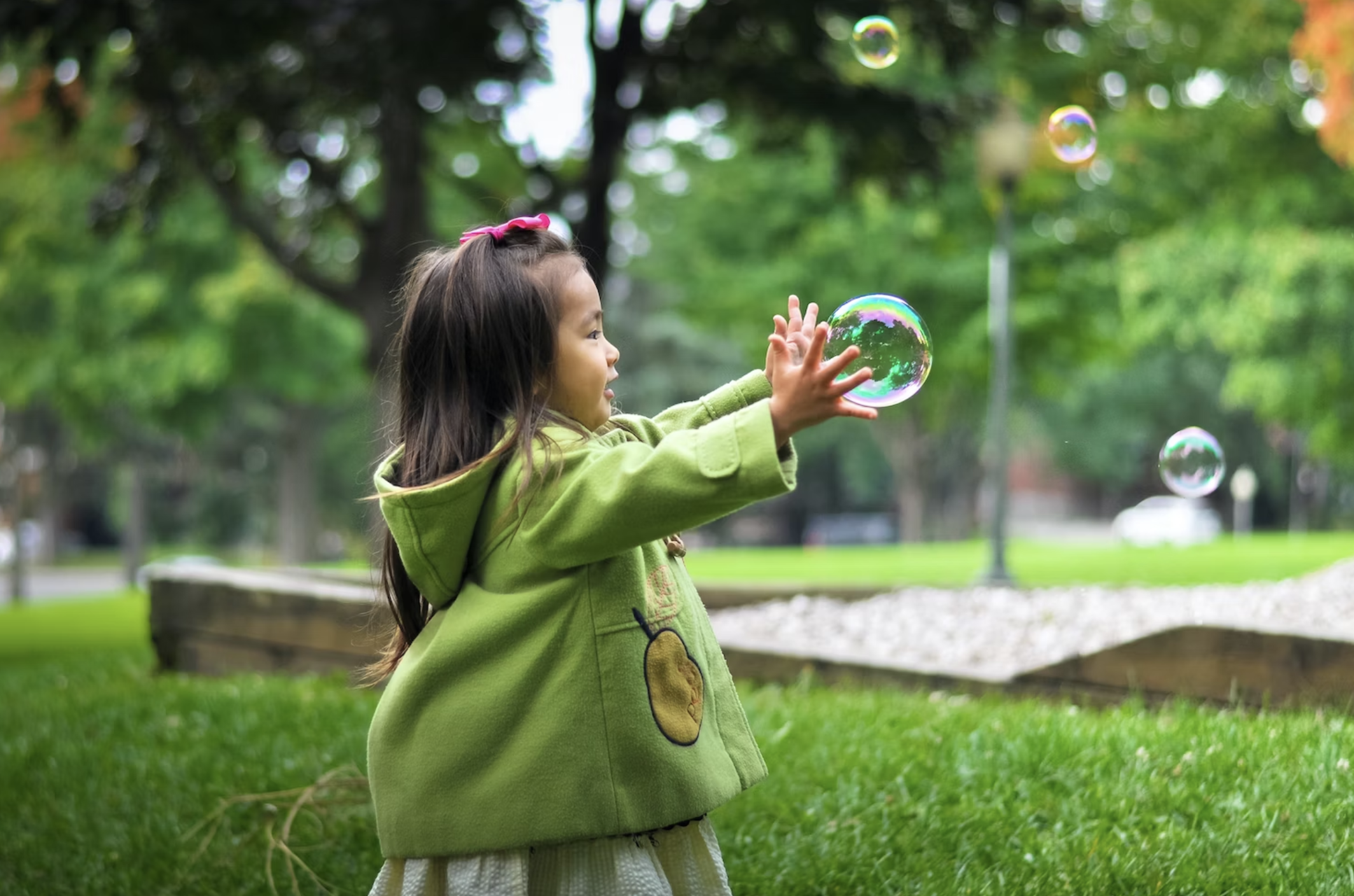
In a world obsessed with harsh grading standards and structured learning practices, there’s an alternative that celebrates creativity and self-expression: the Montessori way. This method, which is deeply rooted in fostering individual growth, opens countless doors to artistic exploration from an early age.
In this blog post, we’re embarking on a thoughtful exploration of how the Montessori method empowers young learners to flourish in a way that is distinctly their own. We’ll uncover some of the secrets behind Montessori’s art-centric philosophies and unveil the transformative influence it can have on developing young minds, especially as a means of cultivating more innate creativity and curiosity about the world around them.
The Montessori Approach to Art and Education
Generally speaking, the Montessori method places a profound emphasis on nurturing young minds through a holistic yet individualized journey. Central to this method is the recognition that children are natural explorers and artists—and that this love of creation can be encouraged. The Montessori classroom is a carefully curated environment that allows room for self-discovery and safe creative expression.
In Montessori, art is more than an extracurricular activity or a subject one studies; it’s integral to the curriculum itself. From the earliest age, children are exposed to various forms of artistic expression and given the freedom to choose materials and activities that resonate with their unique interests. Whether they like painting, sculpting, drawing, music, or dance—the Montessori method encourages children to express themselves however they choose.
This approach helps by fostering creativity, but it also supports general cognitive development. Through artistic activities, children hone their fine motor skills, develop good hand-eye coordination, and enhance their spatial awareness. They also learn to think critically, solve problems, and make decisions independent of instructors.
Montessori educators act as helpful guides, observing each child’s interests and abilities and tailoring their learning experience accordingly. This personalized approach allows children to progress at their own pace, instilling a love for learning and artistic exploration that can last a lifetime.
Fostering Creativity and Expression
Montessori institutions are renowned for their ability to foster creativity and provide a solid foundation for children’s future stages of life. They achieve this through the following:
- Child-centric learning: Designed to accommodate the unique learning pace and style of each child, Montessori classrooms offer a personalized approach that aligns with student interests. Children have more of a say in making choices about their learning trajectories while nurturing their creative thinking and decision-making skills.
- Freedom within structure: While Montessori emphasizes freedom, it also maintains a somewhat structured environment. This balance helps children develop self-discipline, time management skills, and the ability to work independently—all of which are invaluable skills for later on in life.
- Multi-age classrooms: Some Montessori classrooms offer mixed-age groups to encourage mentorship and peer learning opportunities that foster social and emotional intelligence, adaptability, and collaboration skills (which are crucial for future personal and professional relationships).
- Hands-on learning: Montessori education also prioritizes experiential, hands-on learning, which not only deepens understanding but also nurtures problem-solving abilities, critical thinking skills, and improved tactile functions.
In essence, Montessori schools prepare children for later stages of life by cultivating their creativity, independence, social skills, and a deep love of learning. These qualities can be foundational building blocks of success in their academic, personal, and professional journeys.
Want to Learn More about Montessori Education?
In summation, the Montessori method’s profound impact on nurturing creativity and preparing children for life’s challenges is undeniable. Through holistic, child-centered learning practices, Montessori schools inspire a lifelong love of learning, foster individuality, and cultivate essential life skills.
If you are curious about providing your child with a Montessori education that celebrates creativity, we invite you to visit Austin Children’s Academy. Discover firsthand how we integrate the arts into our curriculum to help shape young minds into confident, creative thinkers. Contact us today to take the next step in your child’s educational journey!





















